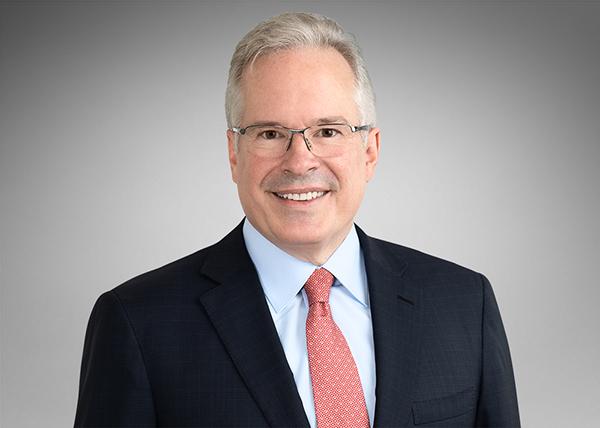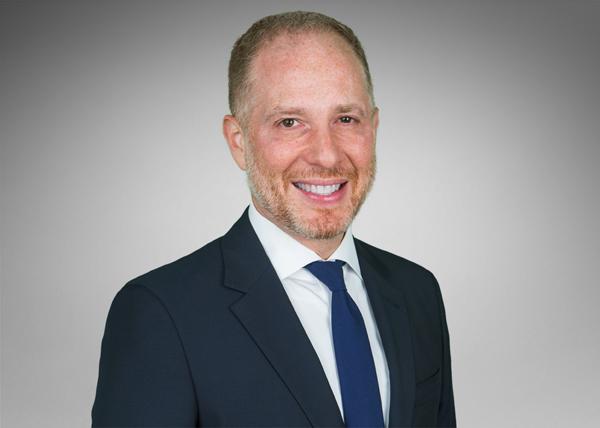On July 22, 2021, Ohio-based public utility company FirstEnergy Corp. ("FirstEnergy") entered into a deferred prosecution agreement (“DPA”) with the U.S. Department of Justice (“DOJ” or the “Department”) to resolve allegations that the company participated in a bribery scheme. Under the DPA, FirstEnergy agreed to pay $230 million for conspiracy to commit honest services fraud under 18 U.S.C. §§ 1343, 1346, and 1349.[1] The DPA follows the July 2020 arrest and charging of Ohio Speaker of the House Larry Householder, as well as four other individuals and a 501(c)(4) organization called Generation Now, in connection with a federal racketeering conspiracy in which public officials allegedly received millions of dollars in exchange for advancing legislation to benefit FirstEnergy. The FirstEnergy DPA reflects DOJ’s continuing trend of targeting corporate bribe payors in domestic corruption cases, as well as the Department’s ongoing emphasis on robust corporate compliance programs. Companies that make political or nonprofit contributions may continue to be scrutinized, and they should ensure that they have effective risk-based compliance programs in place to deter and detect conduct that could lead to a government enforcement action.
Allegations and Resolution
According to the DPA, between 2017 and March 2020, FirstEnergy paid more than $59 million into a purported 501(c)(4) called Generation Now in exchange for Householder’s taking action in his capacity as Speaker of the Ohio House of Representatives to benefit FirstEnergy through the passage and enactment into law of nuclear legislation. In particular, Householder (identified as “Public Official A” in the DPA) pressured and advised public officials to support a “decoupling” provision in Ohio House Bill 6, which would effectively guarantee FirstEnergy’s struggling Ohio-based electric distribution subsidiaries the ability to collect a fixed amount of revenue. The DPA states that FirstEnergy officials were aware that Householder controlled Generation Now, and that they registered and used another 501(c)(4) called Partners for Progress in order to direct payments to Generation Now and other entities associated with public officials, concealing that FirstEnergy made the payments.[2]
The DPA also alleges that FirstEnergy entered into contracts worth millions of dollars with consulting companies owned by the former Chairman of the Public Utilities Commission of Ohio (“PUCO”), identified in the DPA as “Public Official B,” in order to further FirstEnergy’s interests relating to the passage of nuclear legislation and other regulatory and legislative priorities, including actions that furthered FirstEnergy’s interest in bailing out Ohio nuclear plants.
Under the terms of the DPA, FirstEnergy agreed to pay a criminal monetary penalty of $230 million, half of which will be directed to the United States Treasury, the other half of which will be allocated to a public program for the benefit of Ohio electric-utility customers. FirstEnergy also agreed to the forfeiture of two bank accounts totaling nearly $6.5 million, which the DPA identifies as accounts containing proceeds of criminal activity. Specifically, the DPA states that the funds in these accounts constitute or were derived from proceeds traceable to conspiracy to commit honest services wire fraud.
Key Takeaways
Continuing Focus on Corporate Enforcement
The FirstEnergy DPA confirms that DOJ is prioritizing corporate enforcement actions in domestic corruption cases, a trend that we discussed in a prior client alert after last year's ComEd DPA. As predicted, the FirstEnergy DPA reflects a continued focus on corporate bribe payors as the subject of domestic corruption enforcement action. This trend, while not surprising, represents a shift from DOJ's historical enforcement focus in domestic corruption cases on the public officials who take bribes, while often leaving corporate conduct behind such schemes unexamined or unpunished. This new approach, which we discussed in a previous article, aligns with DOJ's longstanding FCPA enforcement strategy, in which it routinely and aggressively targets bribe-paying companies for criminal and civil enforcement actions in order to promote corporate accountability and the development of effective compliance programs.
This expanded enforcement focus drives home the importance of corporate oversight and accountability. The conduct of company employees—from the lowest levels to top executives and officers—can be held against the company, and it is therefore critical that companies understand the risk that this expansion in enforcement may bring. Because companies are inclined to negotiate settlements rather than proceed to trial, pursuing corporate bribe payors may allow DOJ to more effectively pursue domestic corruption enforcement without having to defend aggressive litigating positions in court. Following the trend of ComEd and now FirstEnergy, companies engaging in aggressive political giving in support of legislative initiatives can anticipate continued legal risks, as discussed in another recent article.
Importance of Corporate Compliance Programs
The resolution also underscores DOJ’s continued focus on corporate compliance and reporting programs. Pursuant to the DPA, FirstEnergy committed to undertaking a number of remedial measures, including internal organizational and personnel changes such as the following:
- establishing an Executive Director role for the Board of Directors to support the development of enhanced controls
- separating the Chief Legal Officer and Chief Ethics/Compliance Officer Functions, with the latter reporting directly to the Audit Committee of the Board, but only administratively to the Chief Legal Officer
- hiring a new Chief Legal Officer and a new Chief Ethics and Compliance Officer
- creating a Compliance Oversight Subcommittee of the company’s Audit committee to implement outside counsel compliance recommendations.[3]
The DPA also requires FirstEnergy to implement a corporate compliance program that incorporates clearly articulated and visible corporate policies and procedures assessed on an annual basis, periodic trainings for employees in leadership roles, and an effective system for internal reporting.[4]
DOJ’s focus on corporate compliance is not new, but rather reflects DOJ’s ongoing expectations that companies develop and implement robust risk-based compliance programs. Companies should therefore critically assess and develop measures to monitor their spending in domestic politics by implementing a robust compliance program or strengthening existing programs. Companies should ensure that their anti-corruption compliance programs apply fully to domestic political activity, not just to potential foreign corruption risks.
Potential Scrutiny of 501(c)(4) Entities
The FirstEnergy DPA and the related prosecutions could shape the boundaries of permissible usage of 501(c)(4) entities going forward. Under IRS regulations, 501(c)(4)s are tax exempt social welfare organizations, and the identities of contributors to 501(c)(4)s are not publicly available.
While contributors to 501(c)(4)s may remain anonymous to the public, they cannot conceal their identities from law enforcement. Their identities are merely a subpoena or search warrant away from DOJ. Here, the FirstEnergy DPA reflects enhanced law enforcement scrutiny of corporations’ use of 501(c)(4)s. Specifically, the DPA obligates FirstEnergy to publish a list of all payments made in 2021 to 501(c)(4)s, as well as all payments made to entities known to FirstEnergy to be operating for the direct or indirect benefit of a public official.[5] Going forward, FirstEnergy must also ensure that a compliance officer reviews and approves all contributions made to 501(c)(4) entities and all payments to entities operating for the direct or indirect benefit of a public official in order to ensure the payments comport with company policy and U.S. law.[6] Management must report the details of any such contributions, including the amount, beneficiary, and purpose, to the Board of FirstEnergy on a quarterly basis.[7]
In light of DOJ’s increasing focus on nonprofit and political giving, companies should carefully consider the risks and potential consequences of engaging in seemingly innocuous political acts, such as making campaign contributions, contributing to a 501(c)(4) or other nonprofit organization, spending money to lobby government officials, or financing a campaign to support or oppose legislation. Corporate compliance programs that incorporate appropriate oversight and regular assessments may be a means of ensuring that companies can continue to engage in political and nonprofit giving without running a heightened risk of becoming the subject of federal scrutiny.
Covington has deep experience advising clients on the legal, policy, and practical dimensions of federal criminal enforcement, including domestic corruption investigations and prosecutions. We continue to monitor developments in this area and are well-positioned to assist clients in understanding how this recent action may affect their business operations.
The following Covington lawyers assisted in preparing this client update: Steve Anthony, Arlo Devlin-Brown, Peter Koski, Dan Shallman, and Molly Doggett.
If you have any questions concerning the material discussed in this client alert, please contact these members of our Anti-Corruption and White Collar Defense and Investigations groups.
[1] Deferred Prosecution Agreement, United States v. FirstEnergy Corp., No. 21-cr-00086 (S.D. Ohio, July 22, 2021) (hereinafter “DPA”).
Back
Back







